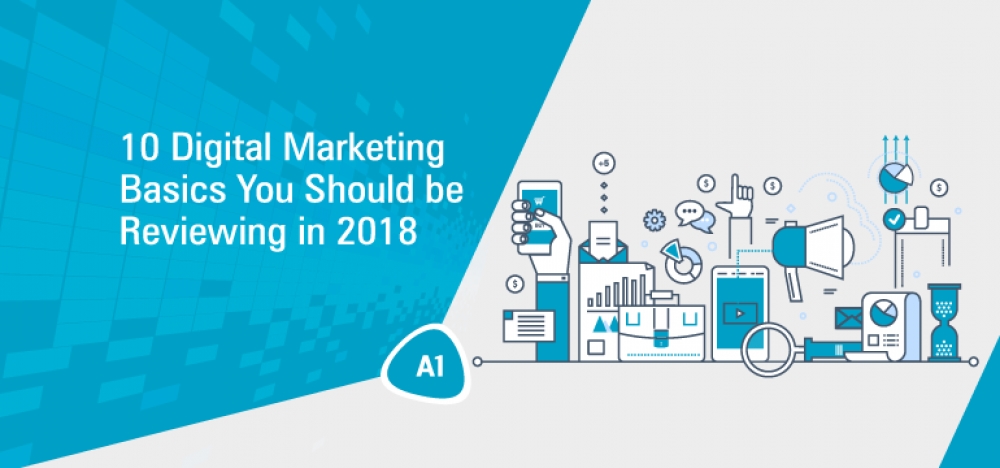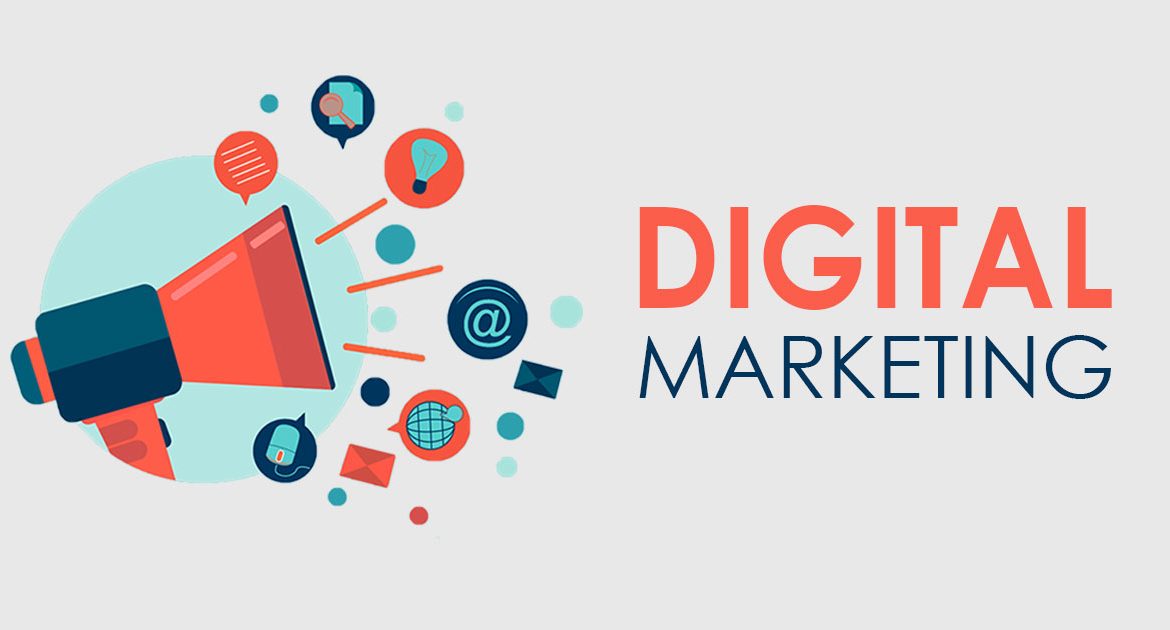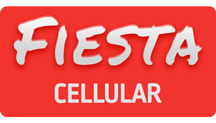What Is Digital Marketing
10 Feb 2019

Digital marketing encompasses all marketing efforts that use an electronic device or the internet. Businesses leverage digital channels such as search engines, social media, email, and their websites to connect with current and prospective customers.
With how accessible the internet is today, would you believe me if I told you the number of people who go online every day is still increasing?
It is. In fact, "constant" internet usage among adults increased by 5% in just the last three years, according to Pew Research. And although we say it a lot, the way people shop and buy really has changed along with it -- meaning offline marketing isn't as effective as it used to be.
Marketing has always been about connecting with your audience in the right place and at the right time. Today, that means you need to meet them where they are already spending time: on the internet.

At HubSpot, we talk a lot about inbound marketing as a really effective way to attract, engage, and delight customers online. But we still get a lot of questions from people all around the world about digital marketing.
A seasoned inbound marketer might say inbound marketing and digital marketing are virtually the same thing, but there are some minor differences. And conversations with marketers and business owners in the U.S., U.K., Asia, Australia, and New Zealand, I've learned a lot about how those small differences are being observed across the world.
ocial Media Marketing
This practice promotes your brand and your content on social media channels to increase brand awareness, drive traffic, and generate leads for your business. The channels you can use in social media marketing include:
- Facebook.
- Twitter.
- LinkedIn.
- Instagram.
- Snapchat.
- Pinterest.
- Google+.
Pay-Per-Click (PPC)
PPC is a method of driving traffic to your website by paying a publisher every time your ad is clicked. One of the most common types of PPC is Google AdWords, which allows you to pay for top slots on Google's search engine results pages at a price "per click" of the links you place. Other channels where you can use PPC include:
- Paid ads on Facebook.
- Promoted Tweets on Twitter.
- Sponsored Messages on LinkedIn.
Affiliate Marketing
This is a type of performance-based advertising where you receive commission for promoting someone else's products or services on your website. Affiliate marketing channels include:
- Hosting video ads through the YouTube Partner Program.
- Posting affiliate links from your social media accounts.
Native Advertising
Native advertising refers to advertisements that are primarily content-led and featured on a platform alongside other, non-paid content. BuzzFeed-sponsored posts are a good example, but many people also consider social media advertising to be "native" -- Facebook advertising and Instagram advertising, for example.
Marketing Automation
Marketing automation refers to the software that serves to automate your basic marketing operations. Many marketing departments can automate repetitive tasks they would otherwise do manually, such as:
- Email newsletters.
- Social media post scheduling.
- Contact list updating.
- Lead-nurturing workflows.
- Campaign tracking and reporting.
Email Marketing
Companies use email marketing as a way of communicating with their audiences. Email is often used to promote content, discounts and events, as well as to direct people toward the business's website. The types of emails you might send in an email marketing campaign include:
- Blog subscription newsletters.
- Follow-up emails to website visitors who downloaded something.
- Customer welcome emails.
- Holiday promotions to loyalty program members.
- Tips or similar series emails for customer nurturing.
Online PR
Online PR is the practice of securing earned online coverage with digital publications, blogs, and other content-based websites. It's much like traditional PR, but in the online space. The channels you can use to maximize your PR efforts include:
- Reporter outreach via social media.
- Engaging online reviews of your company.
- Engaging comments on your personal website or blog.
Inbound Marketing
Inbound marketing refers to the "full-funnel" approach to attracting, engaging, and delighting customers using online content. You can use every digital marketing tactic listed above throughout an inbound marketing strategy.
Web Development Digital Marketing SEO Facebook Twitter














